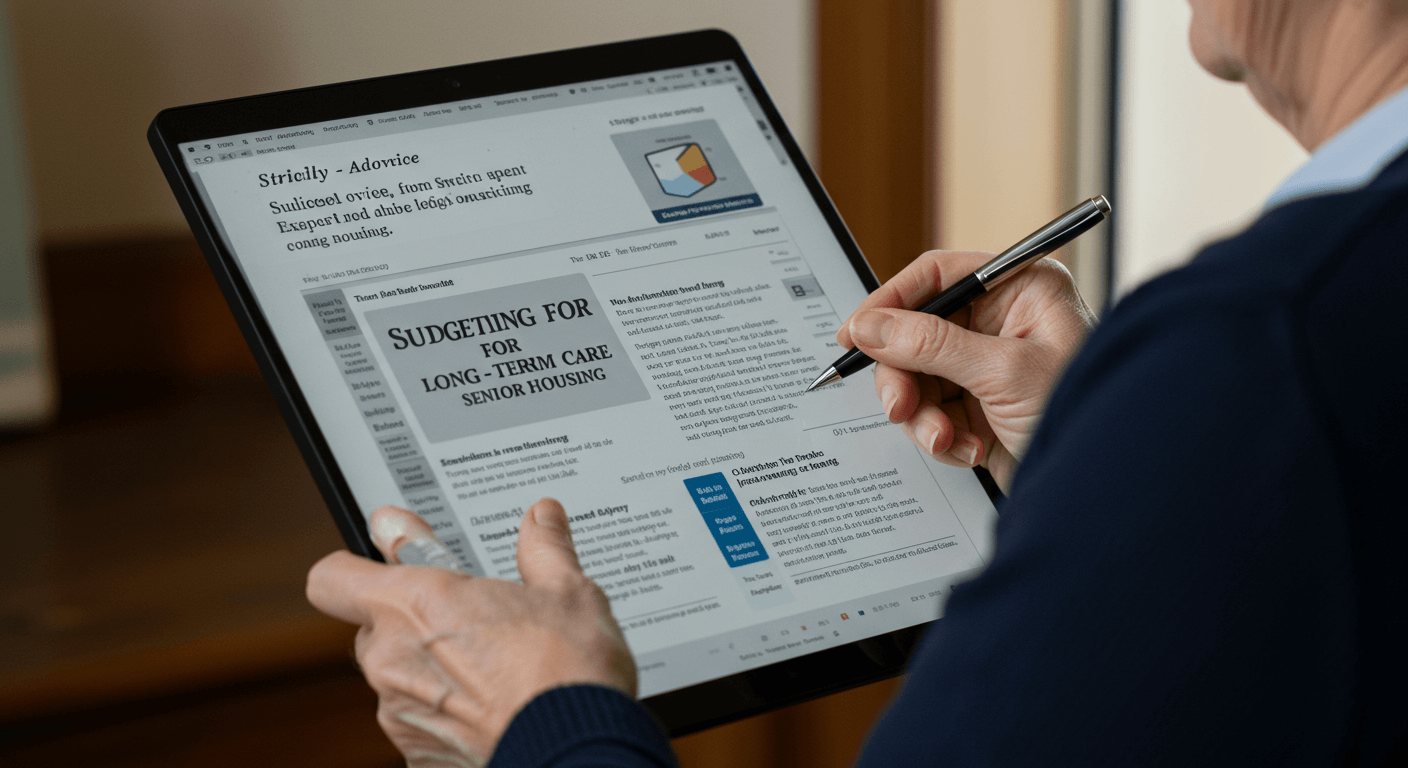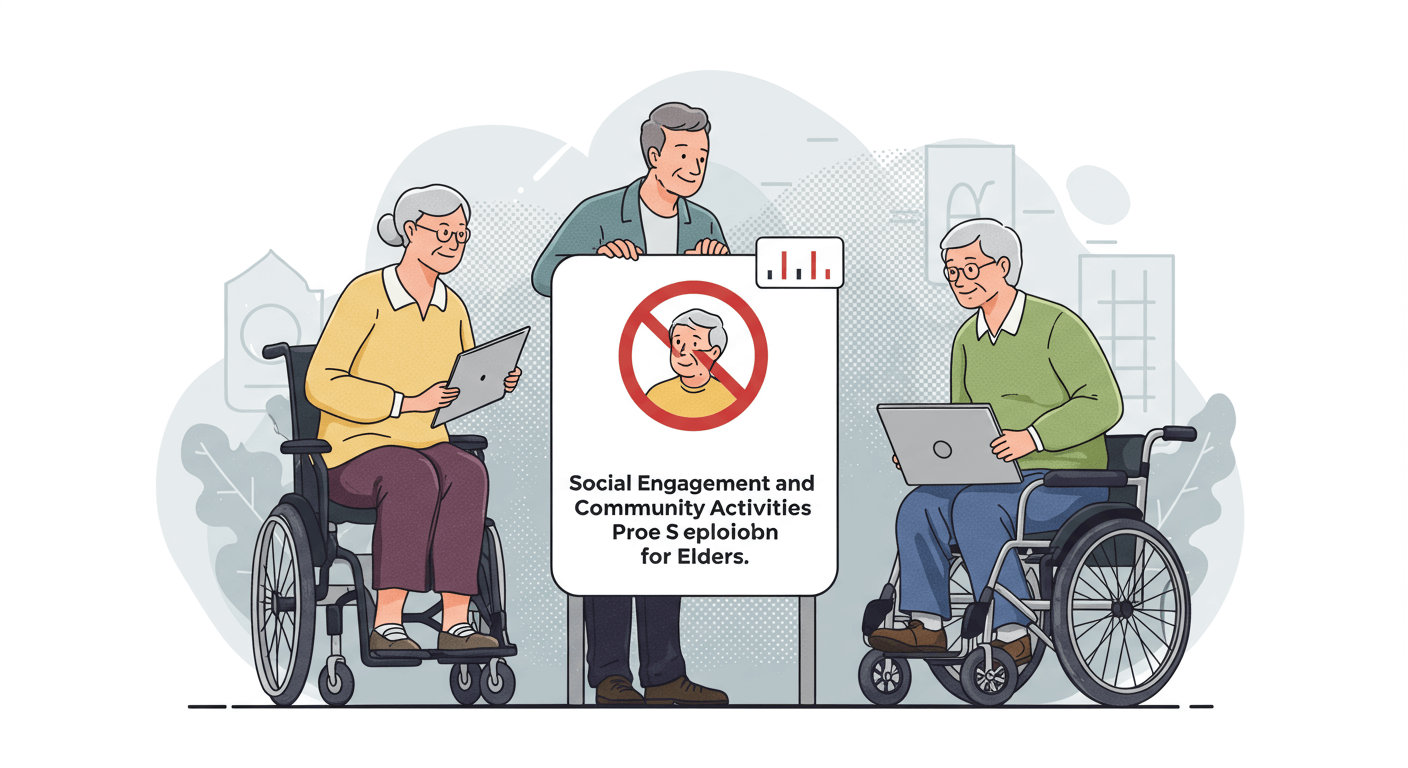Understanding Medicare and Medicaid for Seniors
A comprehensive guide explaining the differences between Medicare and Medicaid, eligibility requirements, coverage details, and how seniors can access these vital healthcare programs.

Medicare and Medicaid are two essential government healthcare programs that provide critical coverage for seniors, but they serve different purposes and have distinct eligibility requirements. Understanding these programs is crucial for accessing affordable healthcare in your golden years.
1. Understand Medicare Basics
Medicare is federal health insurance for people 65+ or with certain disabilities. It has four parts: A (hospital), B (medical), C (Advantage plans), and D (prescription drugs).
2. Learn About Medicaid
Medicaid is a joint federal-state program providing health coverage to low-income individuals of all ages. For seniors, it often covers long-term care costs that Medicare doesn't.
3. Check Eligibility Requirements
Medicare eligibility is primarily age-based (65+), while Medicaid eligibility depends on income and assets. Some seniors qualify for both programs (dual eligibility).
4. Compare Coverage Differences
Medicare covers hospital and medical services but limited long-term care. Medicaid covers comprehensive services including nursing home care for eligible seniors.
5. Apply for Benefits
Apply for Medicare through Social Security. Medicaid applications go through state agencies. Dual eligible seniors should apply for both programs separately.
How These Programs Work Together
Medicare and Medicaid can coordinate benefits for dual eligible seniors. Medicare pays first for Medicare-covered services, while Medicaid may cover premiums, deductibles, and services Medicare doesn't cover.
Emergency guidance
Immediate Healthcare Needs
If you need urgent medical care, go to the nearest emergency room. Both Medicare and Medicaid cover emergency services regardless of network status.
Lost Coverage Assistance
If you lose Medicaid coverage, contact your state Medicaid office immediately. For Medicare issues, call 1-800-MEDICARE for assistance with coverage gaps.
Pro tips
- Review your Medicare plan annually during Open Enrollment (Oct 15-Dec 7)
- Keep detailed records of all medical expenses and communications with both programs
Common pitfalls
Failing to understand the differences between Medicare and Medicaid can lead to unexpected medical bills, coverage gaps, and denied claims. Many seniors mistakenly believe Medicaid will cover all costs if they have Medicare, leading to financial hardship when long-term care is needed.
Recommended reads



You may also like






